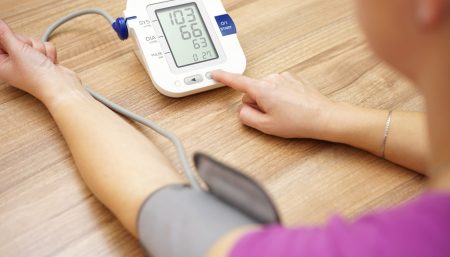Every year more women than men die of heart attacks and cardiovascular disease, which is a very surprising statistic to many people. Women are also more likely than men to die from a heart attack, and to die after a procedure in which the artery is opened, such as a stent or a balloon angioplasty. Also, women are more likely than men to have another heart attack within five years.

As defined by the society, Women have multiple roles and increased pressures to succeed in all aspects of their lives – as a workplace professional, as a wife and mother, and as a caregiver for older parents. It’s high time that each woman takes control of her own cardiac health in order to change the statistics for heart disease in women in the future.
While the Primary Prevention Guidelines promote risk reduction for those who have not been diagnosed with heart disease. The Secondary Prevention Guidelines are designed to help reduce the risk of future heart attacks in patients who have already had a heart attack, stroke, coronary artery bypass surgery, balloon angioplasty or stent placement, by advising health care providers to regularly monitor their patients’ health habits, and pays specific attention to the need for cardiac rehabilitation and depression screening.
“Unless improvements are made in your behavior and medical therapy, the same blood vessel problem that caused your first heart attack or stroke can occur again – and may result in death – so long-term changes need to be initiated to get the vascular disease under control,” said Sidney C. Smith, Jr., M.D., a professor of medicine at the University of North Carolina-Chapel Hill who chaired the guideline writing group.

Below is a quick rundown of the new guidelines that your healthcare providers should be following at your future office visits:
- Ask if they are currently using tobacco products
- Checking their body mass index and waist circumference
- Discuss lifestyle modification — i.e. diet, exercise, work
- Encourage them to engage in 30 – 60 minutes of moderate exercise at least five days a week (and preferably seven)
- Recommend a flu vaccination
- Establish a lipid profile
- Discuss recommendations for aspirin therapy
- Screening for depression, particularly among patients who have had coronary artery bypass graft surgery or myocardial infarction
- Refer them for a comprehensive cardiac rehabilitation program following a heart attack, stroke, bypass operation or other surgery, heart-related chest pain or blockages in leg arteries.

In case your healthcare provider does not follow these guidelines, then go ahead and ask for the same.
Wear red today, and show your support in the fight to eliminate heart-disease related deaths in women.
Disclaimer
The Content is not intended to be a substitute for professional medical advice, diagnosis, or treatment. Always seek the advice of your physician or other qualified health provider with any questions you may have regarding a medical condition.



